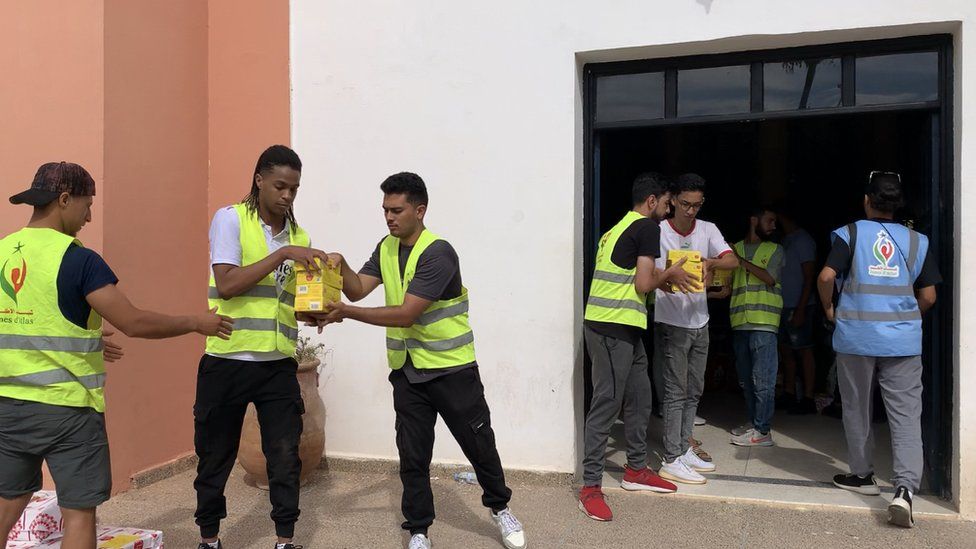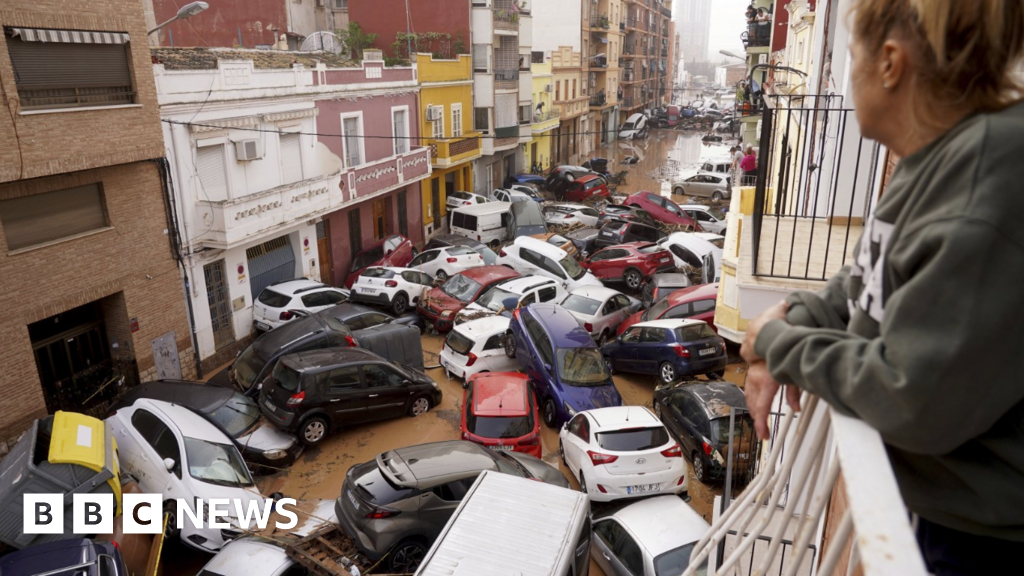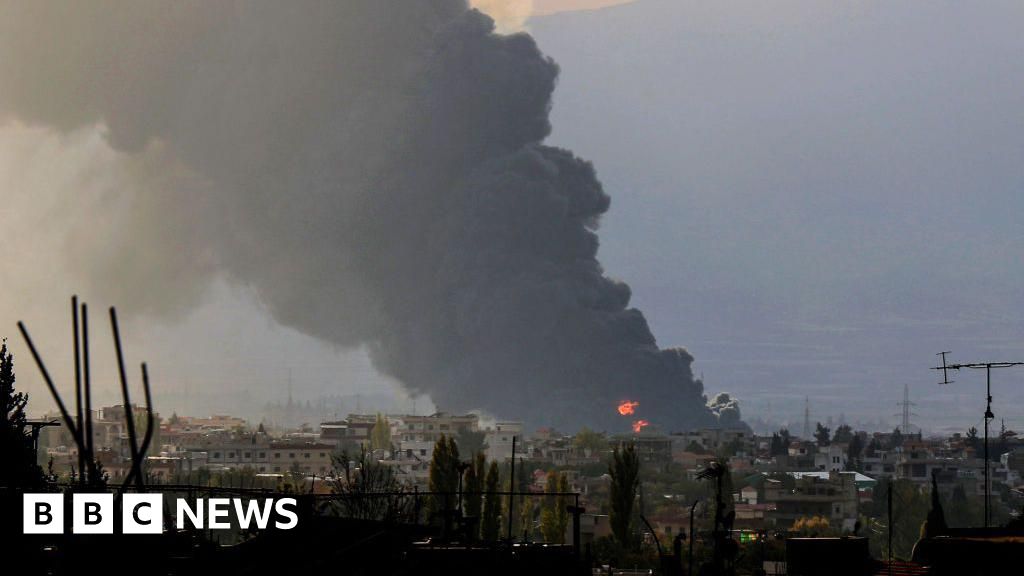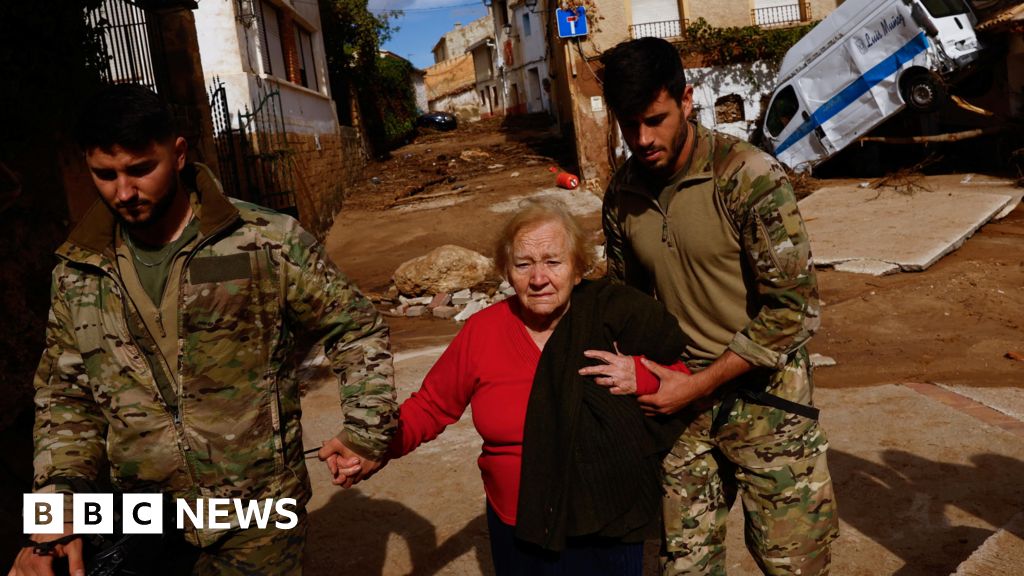ARTICLE AD BOX

By Nick Beake & Kathy Long
BBC News, Taroudant
Morocco's young are powering their country's desperate relief effort. In Taroudant's youth centre, volunteers from across the city and beyond have been answering calls for help on social media.
Activists with rapidly rising numbers of followers are now coordinating the distribution of aid to the hundreds of communities without the most essential items.
Milk, nappies, jam and bedding are all being passed along human chains, loaded into trucks destined for villages dotted across the Atlas mountains. In many areas, this grassroots effort is getting supplies to those in need faster than official help.
"People are in danger. If we didn't work so quickly, a lot of people are going to die," says 21-year-old Ilyas, as he seals another box.
Ilyas, 21, is one of the many young volunteers helping to distribute aid
The Moroccan government has been criticised for rejecting assistance from some countries, including France and Germany.
But Amina, who has arrived with her sister Nassib from the city of Inezgane, tells us she respects the decision.
"Our country knows what it's doing. If we need help, we will ask for it. The government - they know more," she says.
As donations flood in, the biggest challenge is organising the aid and getting it out of the city as fast as possible.
Across the city of Taroudant, you hear truck engines revving as they set off for the mountains.
The exact destination of each mission is often decided at the last minute and dependent on the nature of calls for help coming in. Top priority is given to the places that are still to receive aid.
The mountain homes hardest hit by the earthquake feel like another planet. Peaks stretch far into the distance and the volunteer delivery vans lumber and splutter over orange dirt roads, passing vertiginous drops.
In the village of Ouge Dimt, a man rushes to greet a van bringing rugs, mattresses and tarpaulins, and urgently shouts parking instructions to the driver.
This village of 40 families has been crushed by the earthquake and people are gathering underneath the trees, in the shadow of their destroyed homes.
A vanload of rugs and mattresses arrives in Ouge Dimt
Yahya Ibrahim lost both his teenage sons last Friday night.
He tells us they were still alive after the tremor but could not be rescued.
"People lose their loved ones in lots of countries. It has happened here now. This is God's will," he says.
Villages across the Atlas Mountains have lived hand to mouth, day to day, for their whole lives.
But now, with their livestock gone, ovens destroyed and grain stores buried by rubble, the relief that comes from the city is vital not just in the short term, but for long term survival.
Mina, who returned from the US to live in the village four years ago to care for her parents during the pandemic, says the community has been numbed by this disaster.
"They're still very traumatised. They're not thinking long-term yet," she says.
In the short term, the concern is that rain is forecast in the coming days, with villagers facing cold, wet nights.
Mina says she is concerned about what the future of her village looks like
That's why Mina has been desperately searching for tents for everyone. But it is the prospects for the next generation of the village that really trouble her.
"The future here is very concerning," she says, gesturing up to the pile of bricks overlooking us.
"If you look at the houses, their life is over. Nobody wants to live in the mountains anymore."
These villages from a different age were already out of sight and out of mind.
As attention inevitably fades from Morocco's biggest earthquake in modern times, they pray they are not forgotten.

 1 year ago
11
1 year ago
11








 English (US)
English (US)